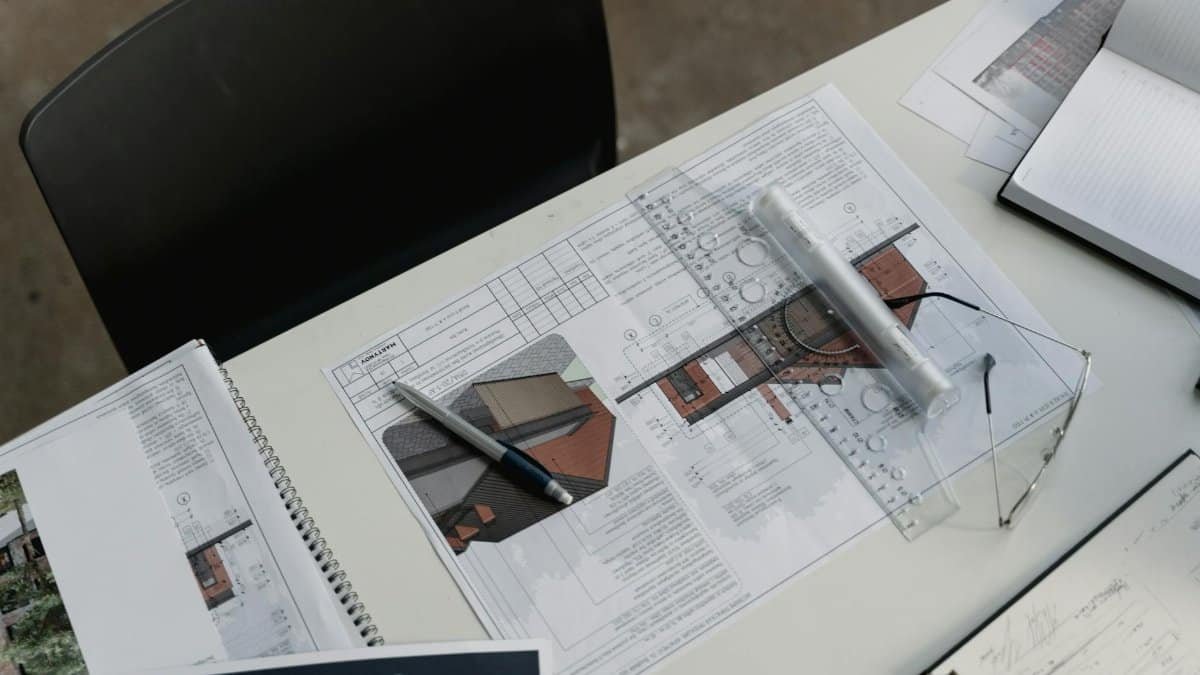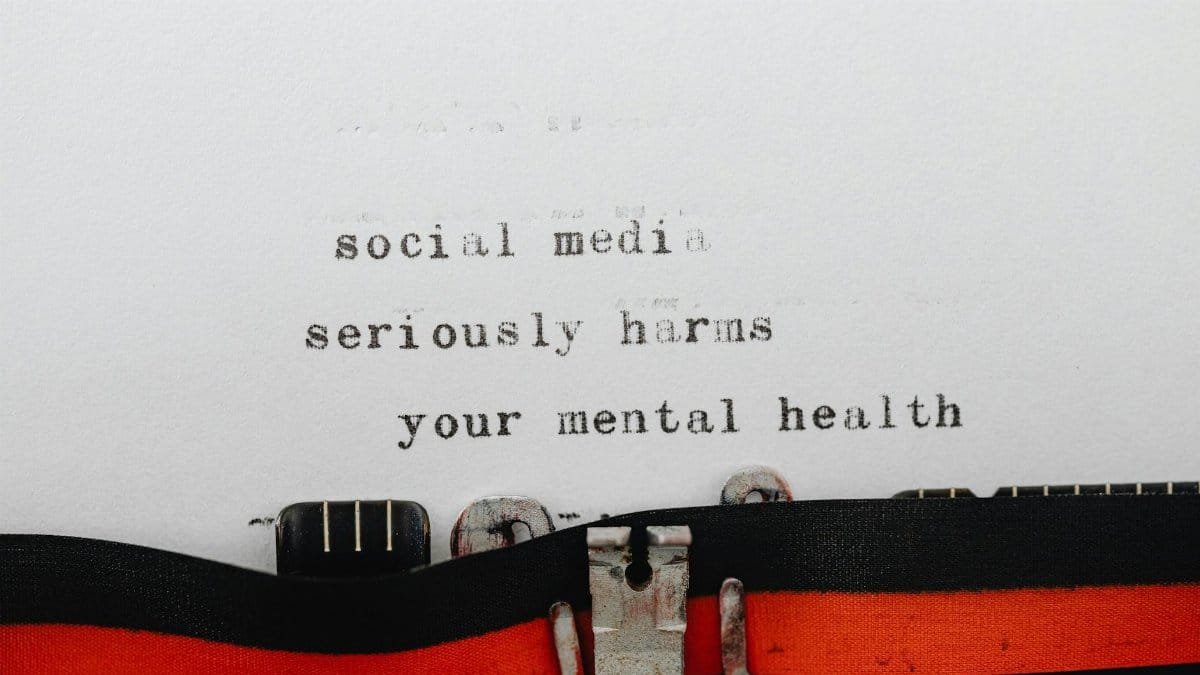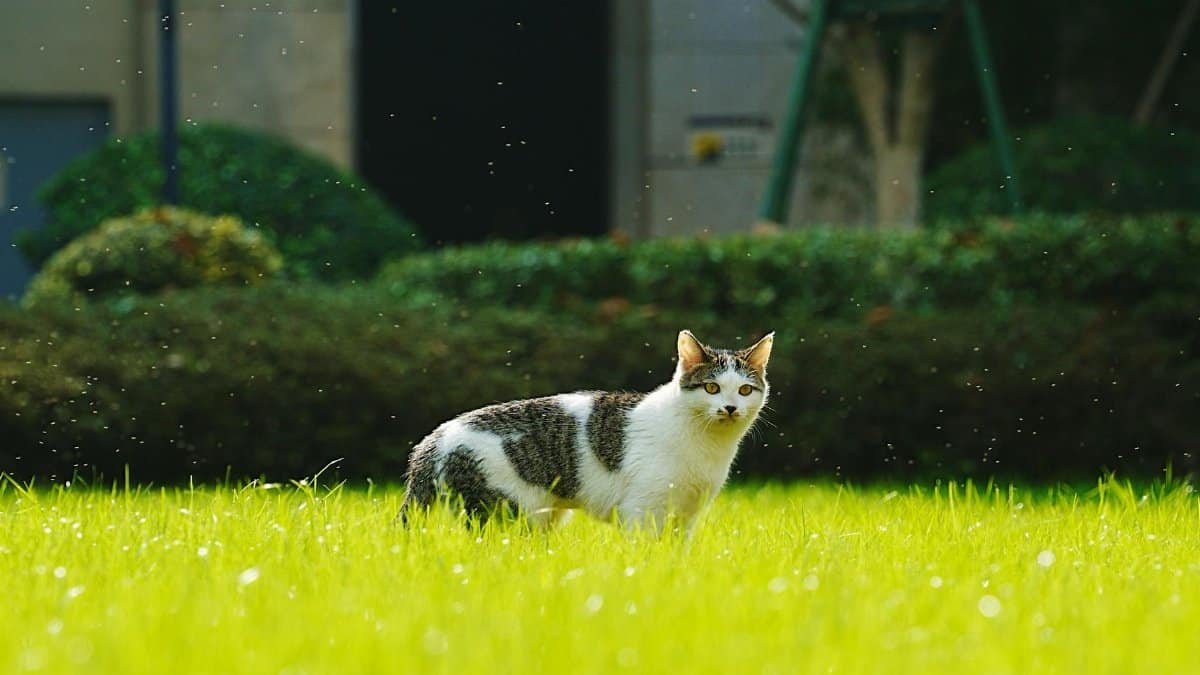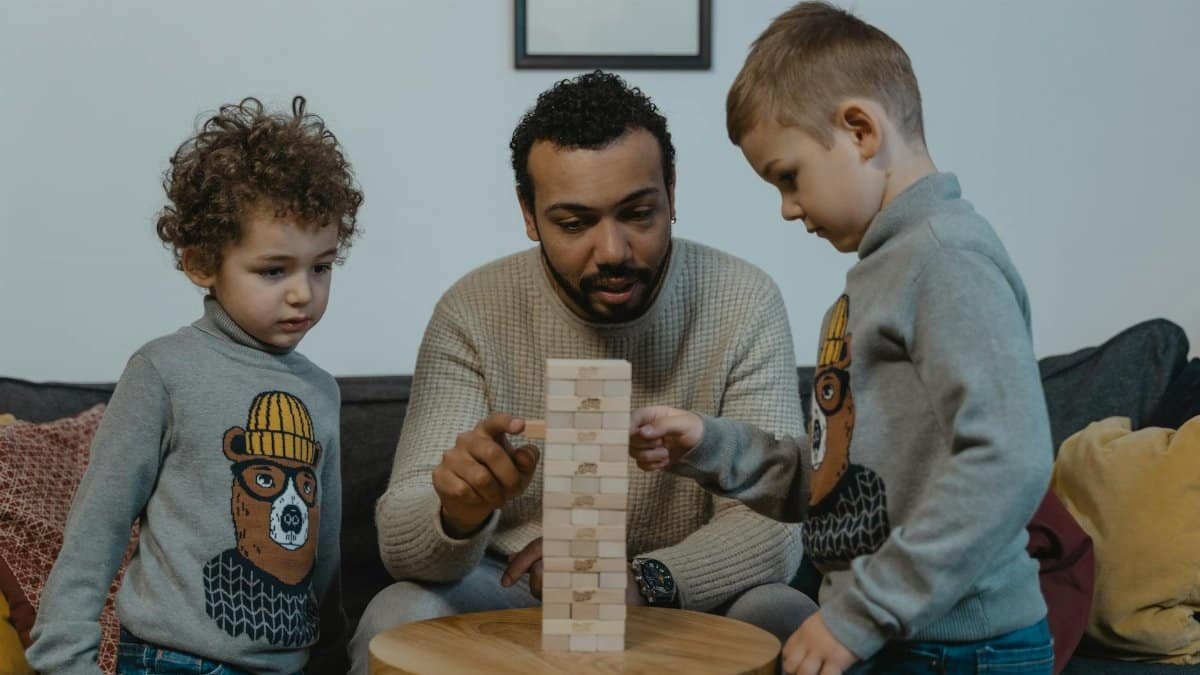Could something as simple as gratitude rewire the way we think? In a world often defined by stress and distraction, the idea that reflecting on what we’re thankful for might alter our brain’s wiring feels almost radical. Yet, research into gratitude prompts neuroscience suggests this isn’t just wishful thinking. Studies show that intentional gratitude practices can shift neural pathways, boost mood, and even strengthen social bonds. This isn’t about forced positivity—it’s about tapping into a mechanism that humans may have evolved to survive. With mental health challenges on the rise in 2025, understanding how gratitude interacts with our brains offers a quiet, accessible tool. What follows are 13 neuroscience-backed gratitude prompts, each rooted in how our minds process emotion, memory, and connection, along with insights into why they work.
1. Reflect on a Small Kindness Received Today

A stranger holding the door. A quick smile from a coworker. These tiny acts often slip by unnoticed, but pausing to recall them can spark a cascade of positive brain activity. Research from the University of California, Berkeley, shows that acknowledging small kindnesses boosts activity in the brain’s reward centers, like the ventral striatum. This isn’t just a fleeting warm feeling—it reinforces a cycle of noticing and appreciating social support.Greater Good Science Center at UC Berkeley highlights how such reflections can lower stress hormones over time. Try writing down one small kindness you experienced today. Let the memory linger. Why does it matter? It trains the brain to scan for positivity, countering our natural bias toward threats.
2. Name Three Things That Went Right This Week

Life’s daily grind can blur the good into the background. Naming three things that went well—maybe a project finished early or a pleasant walk—shifts focus. Neuroscience backs this: a study from the University of Pennsylvania found that reflecting on positive events increases serotonin levels, a neurotransmitter tied to well-being. This isn’t about ignoring struggles; it’s about balance.University of Pennsylvania Positive Psychology Center notes that such practices can reframe how we process weekly stress. Jot these down or share them with someone. The act of articulation solidifies the memory, making it easier for the brain to access later when doubt creeps in.
3. Recall a Moment You Felt Truly Supported

Think back to a time someone had your back—maybe during a tough move or a personal loss. Reliving that support doesn’t just feel good; it activates the brain’s oxytocin pathways, often called the “bonding hormone.” Research published in the journal Frontiers in Psychology shows that gratitude for past support strengthens neural connections in the prefrontal cortex, linked to emotional regulation.Frontiers in Psychology underscores how this can buffer against anxiety. Close your eyes for a moment. Picture the scene. Who was there? How did it feel? This prompt roots you in connection, even on isolating days.
4. Appreciate a Skill You’ve Developed

Whether it’s cooking a decent meal or mastering a spreadsheet, recognizing your own growth matters. Studies from Harvard Medical School suggest that self-directed gratitude—acknowledging personal achievements—can enhance dopamine release, reinforcing motivation.Harvard Health Publishing explains that this ties into the brain’s reward system, encouraging further learning. Write down one skill you’re proud of. Reflect on the effort behind it. This isn’t vanity; it’s a reminder of resilience, a nudge to the brain that you’re capable of more.
5. Savor a Sensory Memory of Joy

Remember the smell of rain on a childhood morning or the sound of laughter at a family gathering? Sensory memories are powerful triggers for gratitude. Neuroscience research indicates that recalling vivid sensory details engages the hippocampus, a brain region tied to emotion and memory. This can elevate mood by reconnecting us to past joy. Try describing such a memory in detail—the textures, the sounds. It’s not just nostalgia; it’s a way to ground yourself in what’s been good, letting the brain relive a slice of calm.
6. Thank Someone Mentally for Their Impact

You don’t need to send a note or make a call. Simply think of someone who’s shaped your life—a teacher, a friend—and mentally thank them. Studies show this silent gratitude still activates the medial prefrontal cortex, linked to empathy and perspective-taking. It’s a quiet way to reinforce social bonds, even without direct contact. Picture their face. What did they do for you? This prompt in gratitude prompts neuroscience reminds us that connection lingers in the mind, shaping how we navigate relationships.
7. Notice Something Beautiful in Your Surroundings

Stop for a moment. Look around. Maybe it’s the way light hits a tree or a colorful mural on a city wall. Noticing beauty sparks activity in the brain’s anterior cingulate cortex, tied to emotional processing. Research suggests this can reduce rumination, a common driver of anxiety. Write or think about what you see. Why does it catch your eye? This practice, rooted in gratitude prompts neuroscience, pulls you into the present, offering a neural reset amid chaos.
8. Acknowledge a Challenge You Overcame

Life throws curveballs, but recalling how you pushed through one can be transformative. Neuroscience tells us that reflecting on past resilience boosts activity in the amygdala, helping regulate emotional responses to future stress. Think of a specific hurdle—maybe a work setback or a health scare. How did you manage? This isn’t about glossing over pain; it’s about recognizing strength, rewiring the brain to face what’s next with a bit more grit.
9. Value a Mundane Comfort

A warm bed. A reliable cup of coffee. These everyday comforts often go unappreciated, yet focusing on them can shift neural patterns. Studies indicate that gratitude for basic necessities lowers cortisol, the stress hormone, creating a subtle but measurable calm. List one mundane thing you’re glad for today. Why does it help? This prompt in gratitude prompts neuroscience anchors you in stability, reminding the brain that not everything is a battle.
10. Remember a Shared Laugh

Laughter sticks with us, doesn’t it? Think of a time you shared a genuine chuckle with someone. Reliving it can trigger endorphin release, mimicking the brain’s response to physical exercise. It’s not just fun—it builds trust and connection on a neurological level. Picture the moment. What was so funny? This reflection taps into the social wiring of our brains, reinforcing bonds that sustain us through tougher times.
11. Be Grateful for a Lesson Learned

Not every experience feels good in the moment, but some teach us plenty. Reflect on a hard-earned lesson—maybe about boundaries or patience. Neuroscience shows that framing struggles as growth opportunities engages the brain’s problem-solving regions, fostering adaptability. Write down one lesson. How has it shaped you? This isn’t sugarcoating; it’s a way to let the brain extract meaning from mess, turning pain into purpose.
12. Cherish a Moment of Quiet

In 2025, silence is a rare commodity. Recall a recent moment of stillness—maybe early morning before the world woke up. Studies suggest that gratitude for calm reduces activity in the brain’s default mode network, often linked to overthinking. Describe that quiet to yourself. What made it peaceful? This prompt, tied to gratitude prompts neuroscience, offers the mind a break, a chance to reset amid constant noise.
13. Imagine Passing Gratitude Forward

Think about doing something kind for someone else—paying for a stranger’s coffee or offering a kind word. Visualizing this act of giving can mirror the neural effects of receiving gratitude, boosting oxytocin and serotonin. Research backs this: anticipating kindness activates reward circuits, much like experiencing it. Picture the scenario. How might it feel? This final prompt closes the loop, showing how gratitude prompts neuroscience isn’t just personal—it ripples outward, shaping communities one thought at a time.
Natasha is the heart of our exploration into conscious connection. Applying principles from multiple counseling courses in her own life, she guides you to cultivate stronger, more joyful bonds.
Disclaimer
The content on this post is for informational purposes only. It is not intended as a substitute for professional health or financial advice. Always seek the guidance of a qualified professional with any questions you may have regarding your health or finances. All information is provided by FulfilledHumans.com (a brand of EgoEase LLC) and is not guaranteed to be complete, accurate, or reliable.
